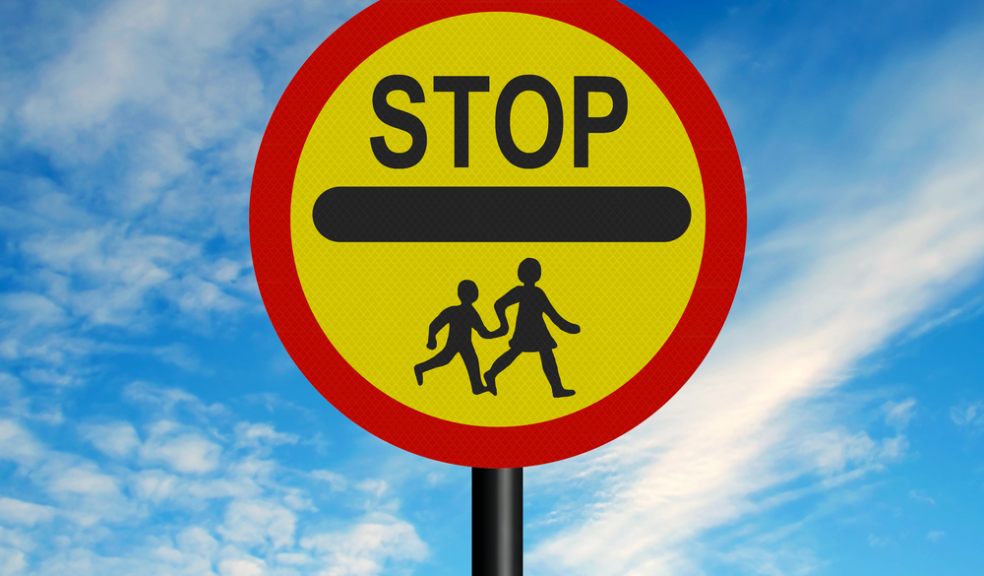
Devon school crossing patrols under threat
Plans to change the funding arrangements for school crossing patrols will be considered by Devon County Council’s Cabinet next week (Wednesday 14 January).
The authority is facing a £50 million reduction in its funding in the next financial year and, as part of that, it is looking to reduce its school crossing patrol budget by around £100,000 per year in the next two financial years.
Councillors are being asked to approve the criteria that determines whether an existing school crossing patrol qualifies for funding from the County Council. They are also being asked to approve consultation with schools served by crossing patrols that do not meet the criteria.
The criteria, which forms part of operational guidelines from Road Safety Great Britain, is based on pedestrian and vehicle counts, consideration of zebra and light controlled crossings, site conditions and environmental factors.
At sites where the patrols do not meet the criteria, the County Council is looking to transfer costs to schools. However, it would continue to cover a proportion of the cost, supporting the maintenance of training, supervision and risk assessments.
Of Devon’s 116 school crossing patrols, 16 are currently funded by schools or rely on volunteers. In all cases, the County Council provides training, insurance, site assessments and personnel management.
Councillor Stuart Hughes, Devon County Council Cabinet Member for Highway Management, said: “This isn’t a statutory service but we are keen for crossing patrols to continue, working in partnership with schools and communities. However, Devon County Council no longer has the funds to support all of the existing patrols. The Secretary of State claims we have a 0.5% increase in spending power, but we’re actually looking at a 14% reduction.
“These proposals are seeking approval for the criteria which would determine whether an existing school crossing patrol justifies funding. We can then consult, on a school by school basis, with the aim of schools meeting some of the costs where patrols do not meet the criteria. The County Council would still cover the costs of essential support, providing the necessary training and equipment for all the school crossing patrol sites, but if the remaining costs cannot be found locally then it may result in the loss of patrols that don’t meet the criteria.”
The school crossing patrol service is not a statutory duty for the County Council, but as highway authority it has to ensure that the service provided is delivered safely in accordance with the Road Traffic Regulation Act.













